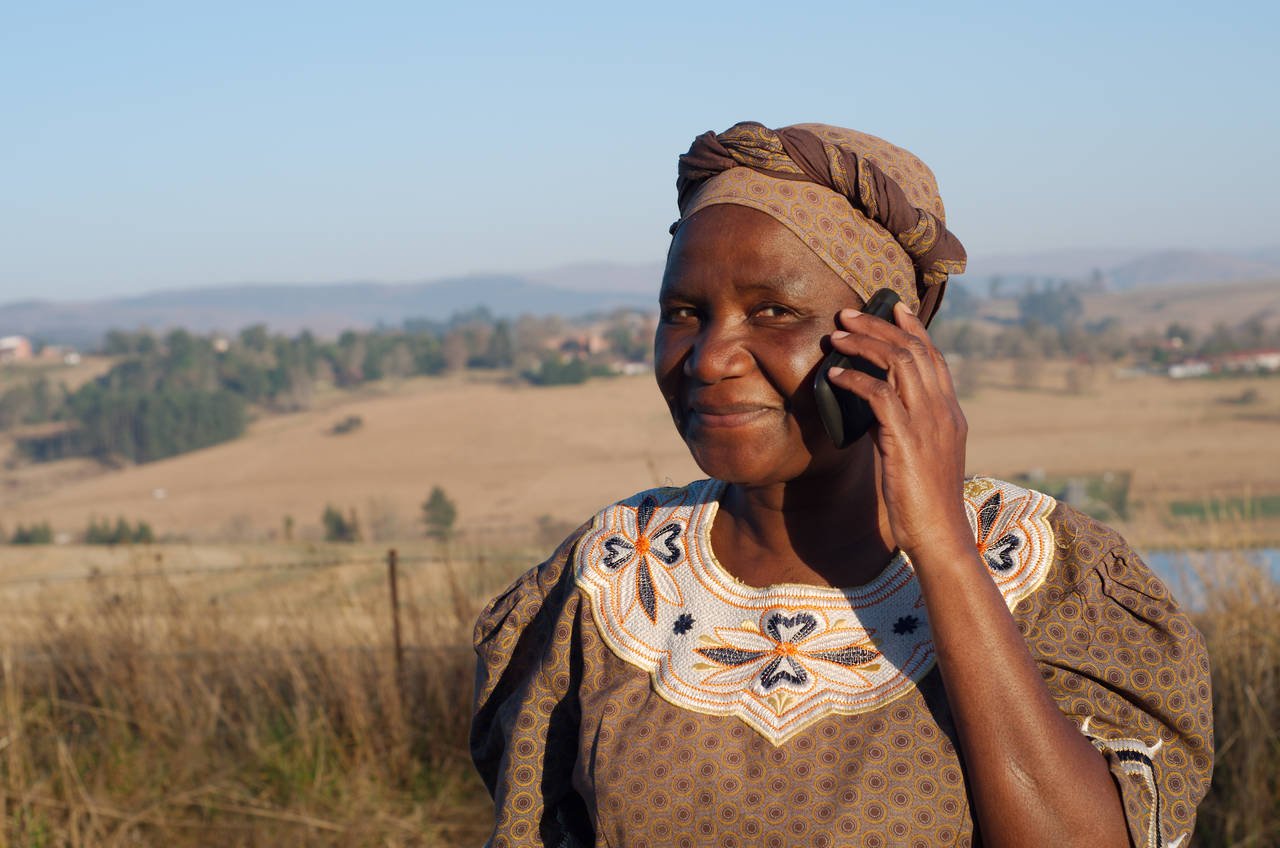Madagascar Rides Africa’s Mobile Money Wave

The mobile internet revolution has left few areas of activity untouched. Its impact has been particularly far-reaching in the financial services industry, and nowhere more so than in sub-Saharan Africa. In a region where the use of traditional banking structures is limited, mobile channels offer great potential for the provision of financial services.
According to GMSA, the trade body representing mobile network operators, mobile financial services are one of the principal motives for mobile phone user engagement in sub-Saharan Africa. Traditionally confined to payments and transfers, mobile financial services now extend to loans and savings. In Kenya, the Commercial Bank of Africa and the telecoms operator Safaricom recently celebrated the success of M-Shwari, a mobile lending and saving solution which was added to the mobile money service M-Pesa in 2012 and has since disbursed loans totalling more than KES 230 billion (USD 2.3 billion).
Kenya and Tanzania are often hailed as mobile money trailblazers, largely responsible for East Africa’s lead in the numbers of mobile money accounts held across sub-Saharan Africa. The mobile money industry has also developed considerably in West Africa, the region that now boasts the largest number of live mobile money services. Although mobile money penetration has been less spectacular in Central and Southern Africa, these regions too are witnessing growth in the use of mobile money. One country where its development has been particularly noteworthy is Madagascar.
Mobile money was launched in Madagascar in 2010. Between 2013 and 2016, the number of mobile money subscribers more than doubled, increasing from just over 2.3 million to over 4.6 million. By contrast, only 690,000 Madagascans held bank accounts in 2014, according to Central Bank of Madagascar figures. In a country with a predominantly rural population averaging 36 inhabitants/km², mobile phones are clearly the more viable option for the provision of financial services and a key to greater financial empowerment.
The opportunities offered by mobile money were quickly seized, with the country’s three mobile network operators, Telma, Orange and Airtel, teaming up with financial establishments, while banks began doubling as mobile money agents. Airtel and the Bank of Africa, for example, joined hands to offer financial services to farmers, the bank’s traditional clientele. Airtel also worked with the conservationist NGO Fanamby to introduce more agricultural producers to mobile money.

The expansion of mobile money services in Madagascar has been aided by two important recent developments: the interoperability, since September 2016, of the services provided by the country’s three mobile money operators – Airtel Money, Telma’s Mvola and Orange Money; and the introduction of mobile loans and savings by Telma in November 2017 and by Orange in May 2018. For the mobile credit and savings products, the mobile money providers have partnered with local financial establishments – Telma with MNI Madagascar, and Orange with Première Agence de Micro-Finance.
While the mobile money explosion, not only in Madagascar but throughout sub-Saharan Africa, has already been impressive, there is scope for even greater growth in the future. According to GMSA’s report Mobile Economy: Sub-Saharan Africa 2017, the mobile industry’s contribution to GDP is set to rise from USD 110 billion in 2016 to USD 142 billion in 2020. This is a plausible prediction, given the rate at which mobile subscriptions are increasing and the wealth of potential future users among the present under-16s, who represent 40% of the region’s population. Such economic and demographic changes, combined with technological advances, including the expansion of broadband connections, wider coverage by 4G networks and increased use of smartphones, promise a buoyant future for mobile money in the region.
In these circumstances, there is much to attract new players into this expanding market, be they telecoms operators or financial establishments, as well as to encourage existing players to further develop their services and establish new partnerships. The success of such initiatives will depend on an awareness of local legal and regulatory requirements relating to banking, microfinance, competition, and business in general. John W Ffooks & Co advises on such matters to ensure its clients realize their business objectives under the best possible conditions.
Sources
- GSM Association (GSMA), The Mobile Economy: Sub-Saharan Africa 2017, https://www.gsma.com/mobileeconomy/sub-saharan-africa-2017/#
- GSMA Announces Launch of National Interoperable Mobile Money Service Across Madagascar, 12 September 2016, https://www.gsma.com/newsroom/press-release/gsma-announces-launch-of-national-interoperable-mobile-money-service-across-madagascar/
- CBA and Safaricom celebrate ground breaking milestones as they mark the 5th Anniversary of M-Shwari, Commercial Bank of Africa, 6 November 2017, http://cbagroup.com//newsroom/cba-and-safaricom-celebrate-ground-breaking-milestones-as-they-mark-the-5th-anniversary-of-m-shwari/
- Madagascar: Telma launches new credit and saving mobile money services with Mvola Avance, Ecofin Agency, 9 November 2017, https://www.ecofinagency.com/telecom/0911-37712-madagascar-telma-launches-new-credit-and-saving-mobile-money-services-with-mvola-avance
- Madagascar: Orange rejoint Telma dans le crédit et l’épargne par Mobile Money, Agence Ecofin (9 May 2018), https://www.agenceecofin.com/monetique/0905-56751-madagascar-orange-rejoint-telma-dans-le-credit-et-l-epargne-par-mobile-money
- Kazeem, Yomi, The reach of West Africa’s mobile money sector is 13 times wider than local banks, Quartz Africa (12 April 2018), https://qz.com/1251004/gsma-mobile-economy-report-west-africa-mobile-money-mobile-adoption/
- Rafidiarisoa, Lova, Mobile Money – Orange se lance dans le micro crédit, L’Express de Madagascar, 12 February 2018, https://www.lexpressmada.com/12/02/2018/mobile-money-orange-se-lance-dans-le-micro-credit/
- Riquet, Corinne, Small Farmers, Mobile Banking, Financial Inclusion in Madagascar (28 October 2013), Consultative Group to Assist the Poor (CGAP), http://www.cgap.org/blog/small-farmers-mobile-banking-financial-inclusion-madagascar
